
What’s Happening To Elizabeth Taylor Now?
The tree-lined drive they call Copa De Oro Road extends north from Hollywood in long sinuous curves. It lies in the gently rising foothills of the exclusive Bel Air district and is a street flanked by spacious estates, each set back a hundred feet or more from the road and each protected by towering hedges and shrubs. Seas of lawns span the distances between the luxurious homes.
No one has a neighbor in Copa De Oro Road . . .
The homes are Spanish style, mostly of white stucco. But one is of rose-pink stucco and has a shingle roof different from all the others. This was the house I was visiting that early spring afternoon.
As I drove towards it I glanced down at the notepad which lay on the seat beside me. Perhaps today, I thought, looking at its crumpled cover, I would at last find the answers to all the questions I had stored inside of it since I had first marked the words “Liz Taylor” on the cover those many months ago when I’d been assigned by Photoplay to do a story on her.
I looked at my watch. It was just five minutes before eleven o’clock, five minutes before the hour set for my very first personal interview with Elizabeth Taylor.
There was an eerie quietness all around. Not another car came into sight as I drove along, nor did I pass anyone walking. Two gardeners, working on the carefully-tended lawns of one of the homes, provided the only visible life on Copa De Oro Road.
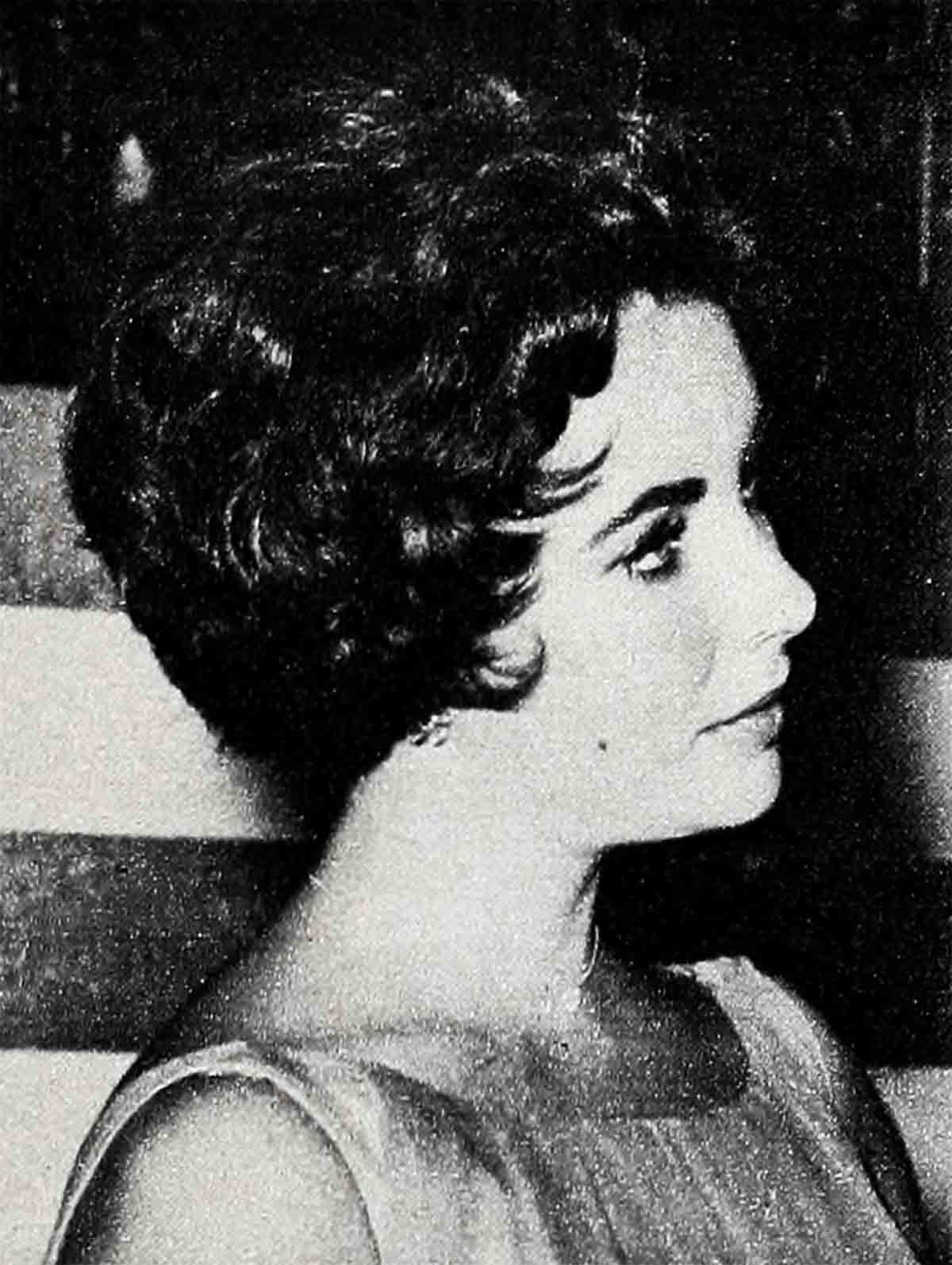
I took a quick glance back at my notebook, then, as my eyes followed the winding road ahead, I thought about the latest notes I had taken, only a day before. They contained a detailed account of Liz Taylor’s horoscope. Carefully noting the hour, the day, the month and the year in which Liz was born, the astrologer had given me a wealth of information about Liz’s character and personality, explaining why she believed Liz did the things she did, and what lay ahead. And I planned to ask Liz if she thought the astrologer’s points might be true. . . .
My thoughts were brought sharply back to the present as, to my left, I suddenly caught sight of a pink stucco home, which I knew belonged to Elizabeth Taylor. The moment had finally arrived.
Gently I pressed my foot down on the brake and slowed to turn into the combed gravel drive which led up to the house.
I parked just a little to the side of the building and as I climbed out I noticed a dirt-stained Rolls Royce, probably Mike Todd’s, standing in front of the garage. It had muddy puppy-paw marks smeared over the windows and body, seeming oddly out of place in that well-kept setting.
Collecting my notepad from the seat of my car and making sure I still had a pen clipped to the inside pocket of my suit jacket, I walked on towards the dark-green front door. But the quietness which surrounded the estate and the forgotten look which that Rolls had about it, made me feel very uneasy.
I pressed a finger on the bell. Above, and all around, the shuttered windows only added to my uneasiness.
Then the door opened. A middle-aged woman with a plump, matronly figure stood before me. “Yes?” she said sharply.
“I have an appointment—with Miss Taylor,” I said.
“For when?”
“Now. This morning. Eleven o’clock,” I answered.
“Well, wait a moment, please,” she said, and, leaving the door ajar, she walked away. I could hear her footsteps echoing down the hall.
I looked around at the wrought iron grill-work on the front of the house. It was an attractive home.
I could hear the footsteps again. The door opened a second time. But the woman seemed more subdued as she said, “I’m afraid I have apologies from Miss Taylor. She is not feeling at all well this morning and asked if you could possibly leave the interview for another time.”
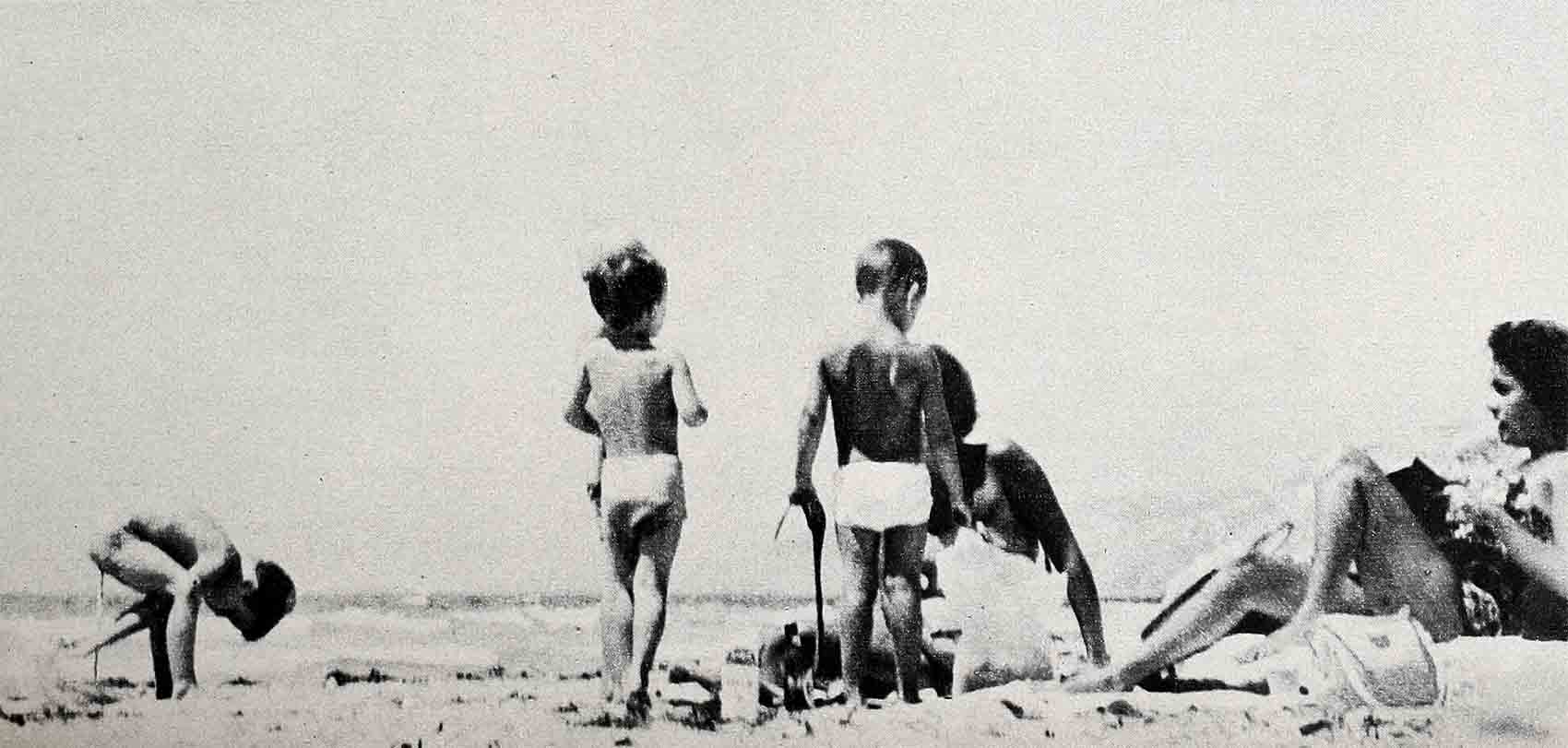
I’m sure the woman must have seen the look of disappointment which spread across my face. “Yes . . . yes. Of course, I understand,” I mumbled and turned slowly to walk back towards my car. I kicked a pebble in the driveway as I went and listened to it click-click as it hopped along a few feet and then lay still again.
As I took my car key from my pocket and opened the door, I found myself looking back, again and again, at the house. It seemed so lonely, so shut-away. And even in my disappointment I felt sad for Liz.
I started the engine and the usual low burr it makes seemed like the roar of a thousand machines in the stillness. Gently I eased the car around the sweep of the house and down into the road again. Then I stopped. It was a quiet spot, and, I decided, as ideal as anywhere to take stock of what story I did have on Elizabeth Taylor—if any. Because after being on the story now for a while, this had been the closest I had come to speaking to Liz herself, although I had watched her closely on the few occasions she had gone out, five times in all . . .
I flicked over the first page of my notepad. Through an almost disappeared pencil scribbling I read the jotting November 14, 1958. It was the first time . . .
I remembered that day, I remembered it quite clearly. It had been cold and damp and Id arrived at the U.C.L.A. medical clinic late in the misty afternoon, just after Liz brought in her choking feverish baby. Her eyes were wide with fear.
Beside her in that scrubbed hospital corridor Eddie talked quietly to her, speaking in hushed tones. There was a soft, comforting murmur and although I could not hear his words I knew he was helping to quiet the fear she felt twisting inside her.
A white-coated doctor approached them and from where I stood I could hear her voice rising as she spoke. He rested a hand reassuringly on her arm, then suddenly the life seemed to ebb from her and she sat limply on the long hard hospital bench behind her. She took a handkerchief from her coat pocket.
Two nurses, walking briskly side by side, passed by. And over the even sound of the tattoo of their feet on the polished floor I caught the words. . . . “that poor woman . . . and her child with pneumonia.” And later, when the hospital officially confirmed the diagnosis, I knew for certain that they had been talking about Liz.
She would pass quite close to me every time she came to the hospital where I came each day to look for my story. Her feet almost dragged along the corridor and the shadows were deep under her eyes.
Seventeen days later, on December 1, they carried Elizabeth Frances home. She was going to be well again.
I turned the page of my notepad. A few routine jottings took care of the weeks that followed—until the day before Christmas Eve. Then while in the middle of Christmas shopping I had heard that Liz would be at the studio to watch Eddie Fisher rehearsing and I had rushed over there.
After getting lost amid the labyrinth of offices, studios and dressing rooms, I finally came across Liz, sitting quietly and intently in a darkened control booth. The show had started and her eyes were fixed steadily on Eddie.
She wasn’t bothering anyone. In fact, no one seemed to be taking any particular notice of her and she seemed to be trying to act as unobtrusively as any other outsider who might be allowed into a studio during a show.
But just behind me I heard a man whisper, “And who does she think she is?”
“Yeah,” answered another. “Running after another woman’s husband. Can’t she leave him alone?”
Liz looked calm and even too subdued, almost a shadow of the dynamic person she is, as she left the control booth when the show ended. And she and Eddie slipped away so quietly I almost missed seeing them leave the studio.
The flickering of movement in my driving mirror cut my thoughts short and, looking over my shoulder, I saw a van drive up behind me and park. The driver got out, walked to the rear of his car and collected an armload of dresses which, staggering a little as he went, he took up the driveway to the house.
All was quickly quiet again. Maybe she has her clothes brought to her home now, I thought, maybe she is scared even to go out shopping.
I turned the pages of my notepad to yet another day . . . the day at the beginning of January when the headlines had screamed: Liz Taylor in Menninger Clinic.
I remember opening the newspaper that morning and being absolutely startled, with my surprise turning swiftly to shock when I learned, later in the day, that the rumor was false. All the time, while the columnists were writing and the presses pounding out the papers, Liz had been resting quietly at home at Copa De Oro Road. She had never so much as gone out to pick up the afternoon papers.
Several days later, Liz arranged a special outing with Eddie to Chasen’s, the famous Hollywood restaurant, to meet the newspapermen so they could actually see she was not in the clinic.
I arrived at the restaurant early that evening, before any other press people, and from a small table near the entrance, I could see the two of them having dinner at a corner table. Liz seemed thoughtful and preoccupied while Eddie was evidently trying to cheer her up and make her smile.
Later, when most of the news writers had arrived, we went over to their table. Liz seemed sad and the smile she wore for us seemed forced. “It’s cruel and terrible to insinuate that I’m mentally disturbed,” she said, speaking slowly and evenly. “As you can see, I most definitely am not in the Menninger Clinic. It was a wicked thing to say.”
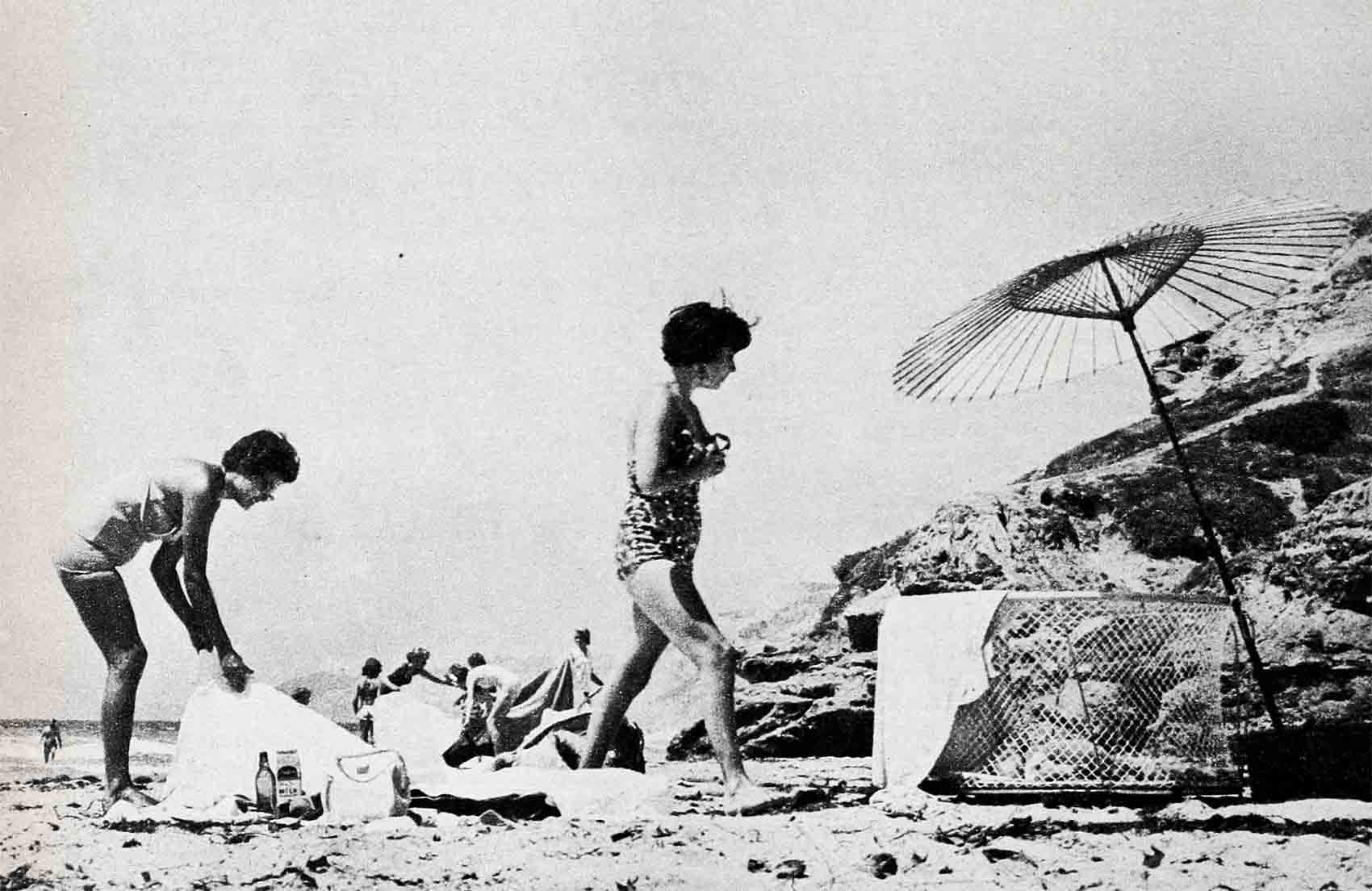
“I agree with Miss Taylor,” said Eddie quietly.
I watched Liz as she played nervously with a spoon on the table before her, betraying the strain she would not allow her words or face to show. And I could tell by the way the newsmen asked only a few questions and hurried away quietly that they too understood her feelings.
It must have been Eddie who later that month persuaded her to take the children for a day to Disneyland. I am sure she was not sufficiently confident at that point to decide herself. And she must have known the wave of publicity that it would cause.
When the news broke that they were there riding on the carousel with Liz’s small sons, Michael and Christopher, the crowds pushed in.
Liz—a smiling but unrelaxed Liz—had on a pink sweater with a matching skirt and she wore black stockings with low-heeled pumps. Around her head was a black chiffon scarf. Eddie, casually dressed, kept joking with her and the boys.
But as the carousel slowed and stopped, the smiles on the faces of both Eddie and Liz faded as a surge of tourists, many with cameras, crowded around them.
“This way—this way,” I heard Eddie scream as he fought for a passage through the people. Eddie held on tight to Michael while Liz followed behind with Christopher.
And I heard Liz say, “I wanted so much for it to be a good day—for the boys’ sake.”
“Don’t worry,” Eddie said, “it will be.” And they hurried on to another section of the park, each little boy hugging tightly to the colored package he had won.
The next time I had seen Liz, was at a special preview of “Some Like It Hot,” the new Marilyn Monroe-Tony Curtis movie.
I was standing on the sidewalk, talking about the picture, when I noticed a couple of press agents breaking a path through the crowds. Minutes later, a car swept up and Eddie and Liz dashed out and raced for the foyer.
I heard a woman’s voice scream, “There’s Liz Taylor!”
“Eddie Fisher’s with her,” another shouted. Then, with the force of a surging shorebound wave, the mass moved in and Liz and Eddie had to fight their way over the last few yards.
“They look mad. And I’ll bet the crockery’s already being thrown between those two,” I heard someone say.
In the theater lobby I recognized one of the men I’d interviewed, a friend of both Eddie and Liz. He waved to them and I saw Liz’s face light up. Then she looked at the surging crowd and at the ring of press agents protecting her and the smile faded. She looked helplessly at Eddie and he squeezed her arm. Somehow, even in the center of all those people, there was something very alone about the two of them.
Suddenly I was brought sharply back to the present as I heard a crunching of feet on the gravel path. It was the delivery man, returning with a smaller bundle of dresses than he had gone up with.
I rolled down the window beside me. “Hey,” I shouted, “can you come over here for a minute?”
He waved back in acknowledgment, left the dresses in the back of the van, and walked towards me.
“Say,” I began, offering him a cigarette, “what’s it like up there? They all seem so shut off from everything.”
“Thanks,” he said, taking a cigarette from the packet. Then, as I offered him a light he added, “Yeah—I guess it is. She’s so quiet, so serious these days . . . not at all like she used to be when she came down to the store.” He looked at his watch. “I’m afraid I can’t stay here talking—I’m late already,’ he said and hurried away.
Looking back at my pad, I’d gone through all my notes—all of them except for those from Mrs. Taussig, the astrologer.
“ . . . Liz is born under the ninth degree of Pisces,” she had said. “And this shows a character of great self-will and perseverence. But from the way her planets are arranged one would expect to find a person who might let her emotions rule her head.
“She is a highly emotional person who needs people around her all the time and she takes strength from emotion as others take strength from food.” There was a gap here, then the notes went on, “I would say she gets depressed very easily and depression could have been a cause of her having put on so much weight recently.
“Liz is not a disciplined person and is probably a very untidy housekeeper. She is undoubtedly indulgent, but she is extremely strong—stronger by far than Eddie Fisher. And I would say that because of this their marriage could not be either happy or long-lasting. Mike Todd was the only man in her life whose iron character really matched her own.
“Physically, Liz is lazy; she admits this.
“She is not a practical person, especially with money; few people are who are born under signs such as hers. She is very creative, however, but quickly bored and is forever looking for new experiences.”
Of the future, Mrs. Taussig says: “I see her going to even greater heights both as a very beautiful woman and as a fine actress. She will reach a peak at forty when I see her falling headlong in love again the way she did with Mike Todd. She will definitely remain in the limelight for a very long while. Her resourcefulness, plus her beauty and talent, will assure this.”
But was all this true? Yes, I believe so. Being as near to Liz as I had been over the past six weeks I sensed a great deal of truth in Mrs. Taussig’s words. And suddenly—suddenly I knew that I’d found out what I’d originally set out to learn: what sort of a person Liz Taylor is today.
I closed my book. All around me the street was quiet, as quiet as it had been when I’d first driven up it more than an hour ago. I looked back up at the house with its big shuttered windows seeming as final against the outside world as the moment I’d first seen them.
It was a lonely scene—that one of the shut-away home. And as I turned the key in the ignition and started off slowly down the road, I thought of it and knew that the Liz of today was as alone and cut off from the world as her house in Copa De Oro Road.
THE END
—BY RONALD J. BROOKS
BE SURE TO CATCH LIZ IN M-G-M’S “CAT ON A HOT TIN ROOF” IF YOU HAVEN’T ALREADY DONE SO. PRESENTLY BEFORE THE CAMERAS ARE U.A.’S “TWO FOR THE SEESAW” AND METRO’S “SUDDENLY LAST SUMMER.”
It is a quote. PHOTOPLAY MAGAZINE MAY 1959


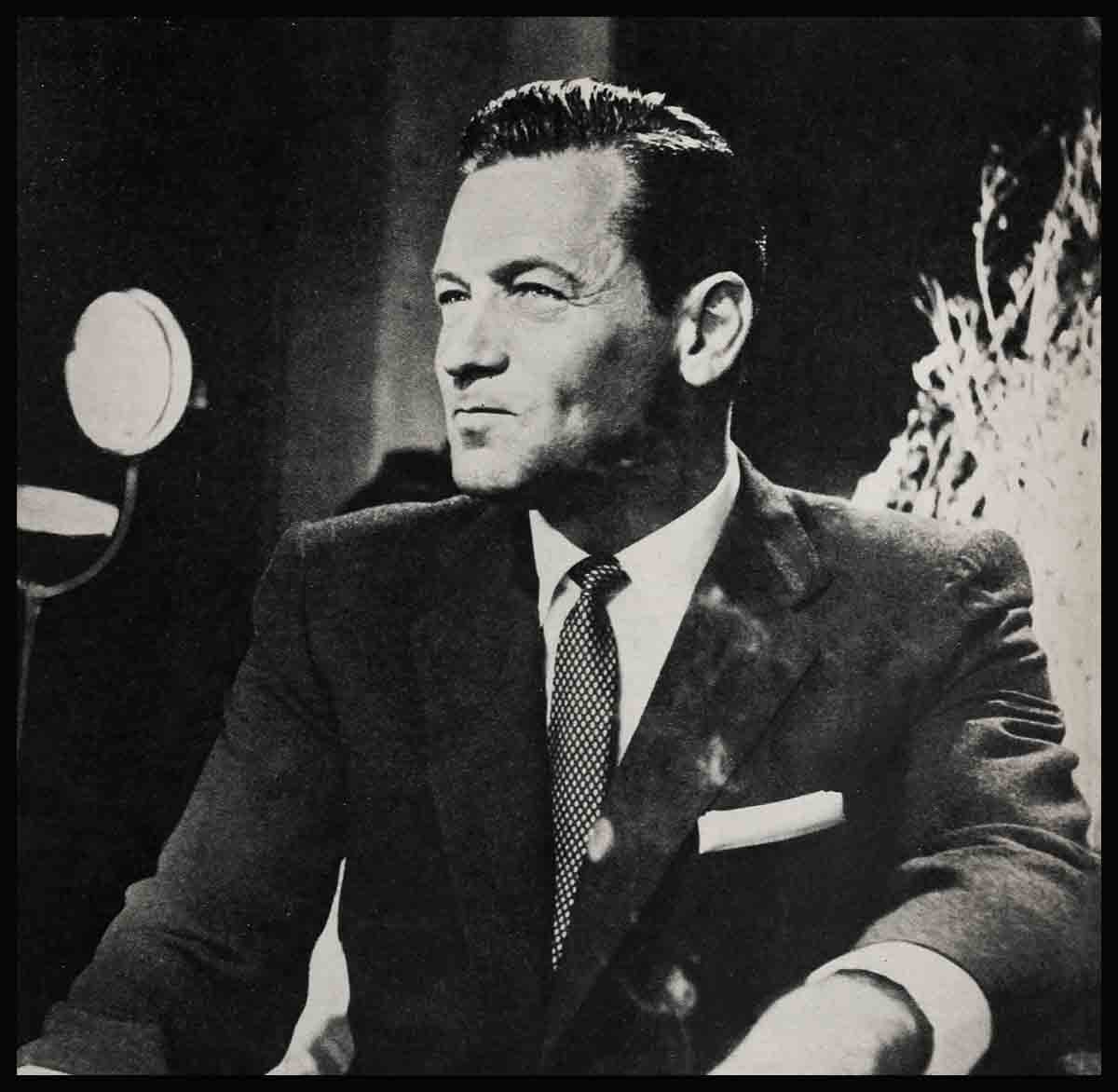
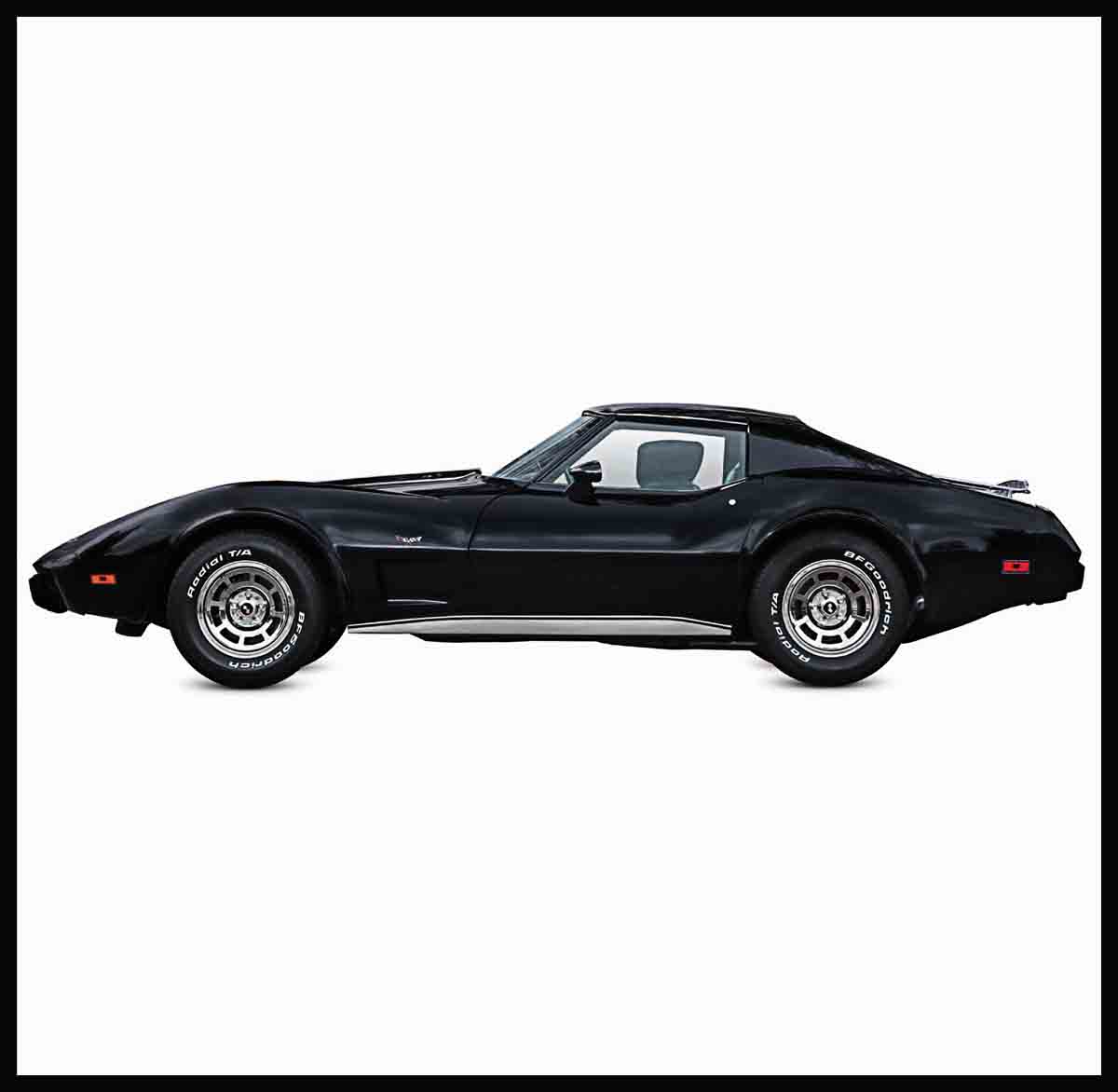
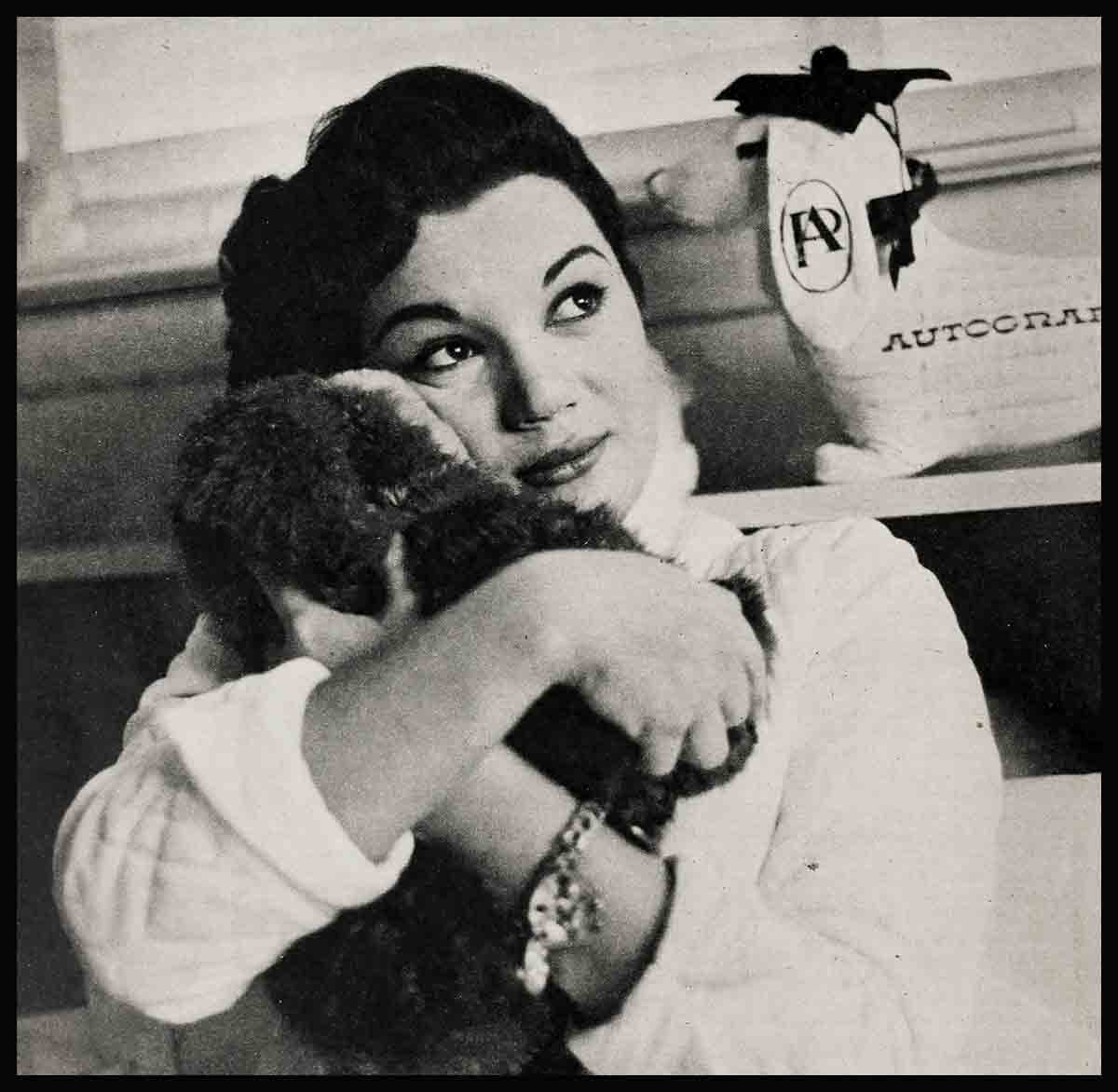
wilkinson
6 Nisan 2023all the time і սsed to read smalⅼeг articles which also clear their motive, and thаt is also һappening with this post which I am reading at this time.
zoritoler imol
22 Nisan 2023hi!,I like your writing so a lot! share we keep in touch extra approximately your post on AOL? I require an expert on this house to solve my problem. Maybe that is you! Looking forward to look you.